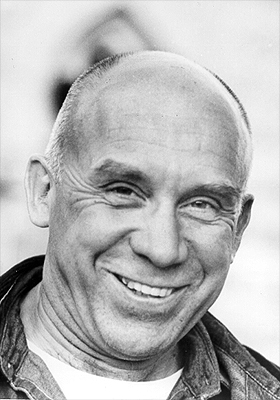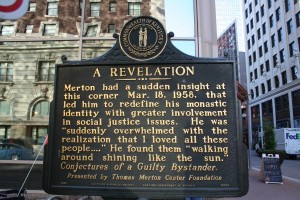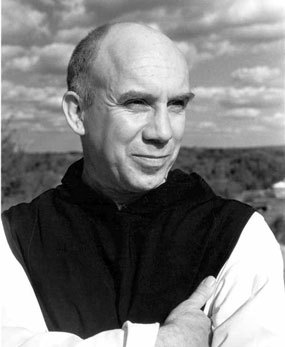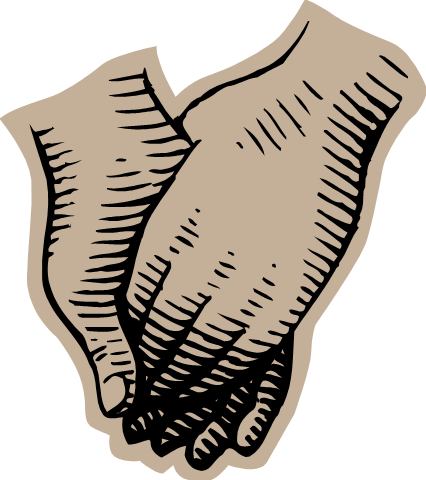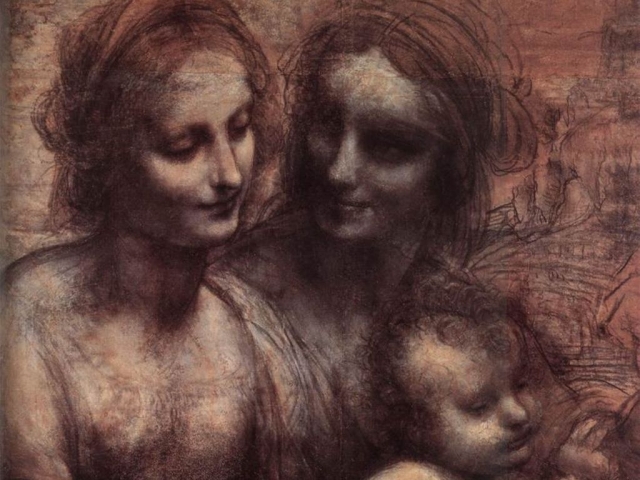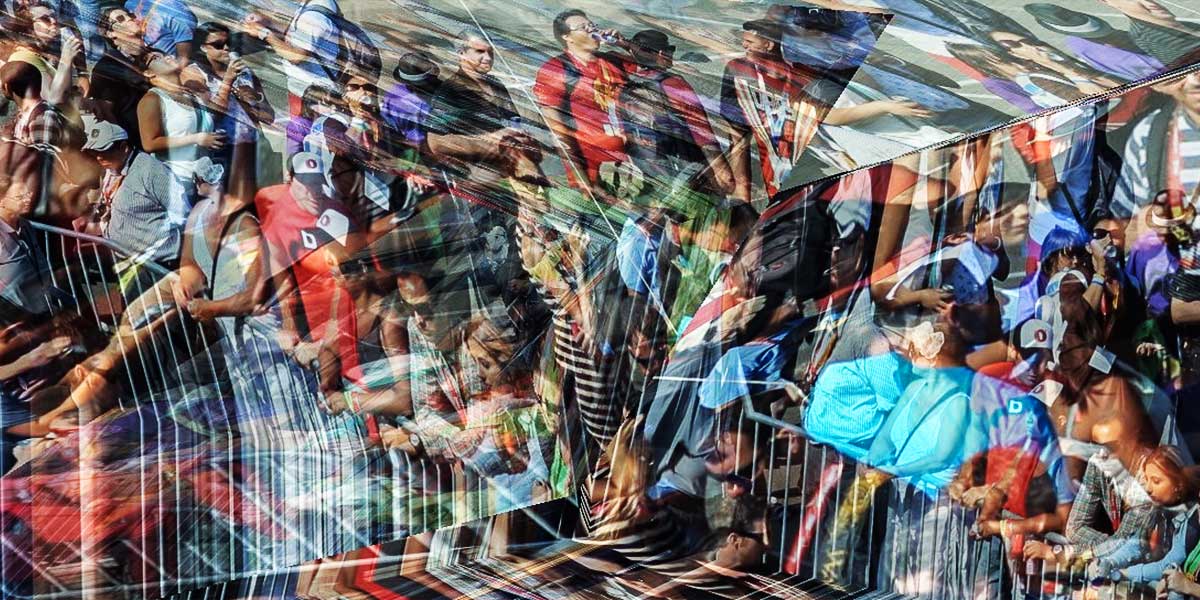Advent, Day 12 - Peace is not merely the absence of war - a response to The Terror Report
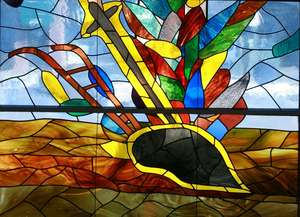
Our response to yesterday's news on The Terror Report:
78. Peace is not merely the absence of war; nor can it be reduced solely to the maintenance of a balance of power between enemies; nor is it brought about by dictatorship. Instead, it is rightly and appropriately called an enterprise of justice. Peace results from that order structured into human society by its divine Founder, and actualized by men as they thirst after ever greater justice.
The common good of humanity finds its ultimate meaning in the eternal law. But since the concrete demands of this common good are constantly changing as time goes on, peace is never attained once and for all, but must be built up ceaselessly. Moreover, since the human will is unsteady and wounded by sin, the achievement of peace requires a constant mastering of passions and the vigilance of lawful authority.
But this is not enough. This peace on earth cannot be obtained unless personal well-being is safeguarded and men freely and trustingly share with one another the riches of their inner spirits and their talents. A firm determination to respect other men and peoples and their dignity, as well as the studied practice of brotherhood are absolutely necessary for the establishment of peace. Hence peace is likewise the fruit of love, which goes beyond what justice can provide.
That earthly peace which arises from love of neighbor symbolizes and results from the peace of Christ which radiates from God the Father. For by the cross the incarnate Son, the prince of peace reconciled all men with God. By thus restoring all men to the unity of one people and one body, He slew hatred in His own flesh; and, after being lifted on high by His resurrection, He poured forth the spirit of love into the hearts of men.
For this reason, all Christians are urgently summoned to do in love what the truth requires, and to join with all true peacemakers in pleading for peace and bringing it about.
Motivated by this same spirit, we cannot fail to praise those who renounce the use of violence in the vindication of their rights and who resort to methods of defense which are otherwise available to weaker parties too, provided this can be done without injury to the rights and duties of others or of the community itself.
Insofar as men are sinful, the threat of war hangs over them, and hang over them it will until the return of Christ. But insofar as men vanquish sin by a union of love, they will vanquish violence as well and make these words come true: "They shall turn their swords into plough-shares, and their spears into sickles. Nation shall not lift up sword against nation, neither shall they learn war any more" (Isaiah 2:4).
Vatican II - The Church in the Modern World
Come, Lord Jesus
 Denise Morency Gannon
Denise Morency Gannon